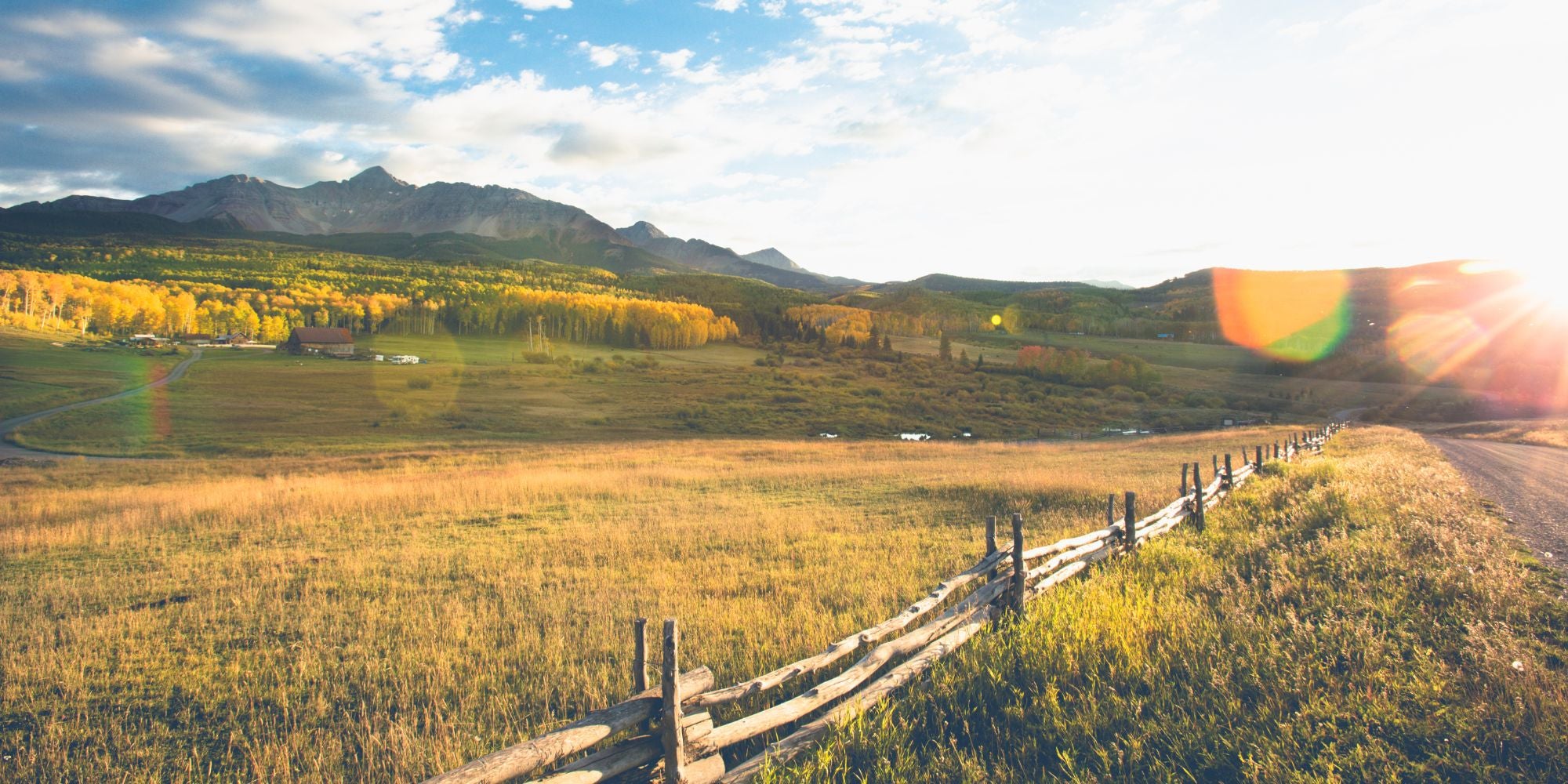
If you’re planning a move to Parker Colorado or visit the area, altitude sickness commonly surprises visitors. As a local Colorado company, we'll reveal to you everything you need to know about Parker Colorado altitude and five tips to avoid Parker altitude sickness.
Parker Colorado altitude is 5,869 feet above sea level. This is over 500 feet higher than the mile high city of Denver just 20 miles away.
Parker Colorado is located next to the foothills of the Rocky Mountains, just south of Denver. The city is known for its suburbian lifestyle while being nearby outdoor recreation opportunities and the mountains, including hiking, biking, skiing and fishing.
Parker sits in between Denver and Castle Rock, while also being an easy drive away from Colorado Springs.
At these Parker Colorado altitudes, you should be prepared for altitude sickness especially if coming from sea level.
No, Parker Colorado is not in the mountains.
It's located along the Front Range, which is why Parker can get confused with being part of the Rocky Mountains. Although not in the mountains, Parker Colorado is still considered high elevation for visitors.
Parker Colorado altitude sickness is caused by low levels of oxygen in the blood than at sea level. The climate of Colorado is also very dry, combined with increased respiration you'll likely experience faster fluid loss.
According to Dr. Ben Honigman, 8% to 10% of visitors of Denver get altitude sickness.² Since Parker is higher in altitude than Denver, that risk will go up. Furthermore, he says 25% to 30% of visitors of the mountains will get altitude sickness.²
The symptoms of Parker Colorado altitude sickness can include headaches, nausea or vomiting, dizziness and difficulty sleeping.
Parker Colorado altitude sickness symptoms:
Be on the lookout for feeling any symptoms listed above within 24 hours after arriving. We'll share our best tips below to help you avoid Parker Colorado altitude sickness.
Whether you're visiting Colorado for its beautiful mountains, ski resorts, outdoor activities — or just to spend time in Parker Colorado, the high altitudes are a real threat to visitors.
While this may not seem like a big deal to someone from Colorado or who spends time at higher elevations — if you’re coming from sea level and don’t take precautions, then you may experience altitude sickness when visiting Parker Colorado and surrounding areas.
As a local company that has years experience and research with altitude, we'll share our top tips to help you avoid Parker Colorado altitude sickness.
Here's 5 Tips to Avoid Parker Colorado Altitude Sickness:
This concludes our list of tips to avoid Parker Colorado altitude sickness — including by maximizing hydration, resting and taking it easy, limiting alcohol, acclimating slowly, and supplementing glutathione.

For those visiting Colorado's higher altitudes, Zaca is a local favorite. Whether traveling to the mountains for a ski trip or visiting Denver for work, Zaca chewables can help you rehydrate, replenish, and recover. These fast-acting chewables are loaded with glutathione to boost antioxidants. This one-of-a-kind formula provides your body the fuel it needs for mountain adventures, all in easy-to-use packets to take on-the-go. Simply take 2-4 chewables a day, or as needed. Try Zaca Chewables and power your body for your next high altitude trip.
SOURCES:
1. Parker Colorado
https://en.wikipedia.org/wiki/Parker,_Colorado
2. Don’t let altitude sickness ruin your trip to Colorado
https://www.denverpost.com/2016/11/23/altitude-sickness-tips-colorado/
3. Sleep: The Secret Ingredient of Injury Recovery
https://www.orthocarolina.com/media/sleep-the-secret-ingredient-of-injury-recovery
4. Effect of high altitude (7,620 m) exposure on glutathione
https://pubmed.ncbi.nlm.nih.gov/11320641/
Copy the coupon code & use it at checkout